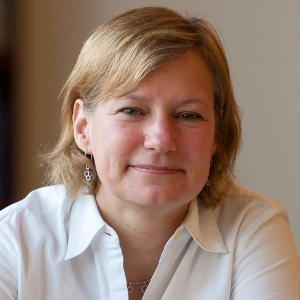(originally published as blog at ltd.edc.org/strong-pievaluator-partnerships-users-guide on January 10, 2013)
Evaluation can be a daunting task for PIs. It can seem like the evaluator speaks another language, and the stakes for the project can seem very high. Evaluators face their own challenges. Often working with a tight budgets and timeframes, expectations are high that they deliver both rigor and relevance, along with evidence of project impact. With all this and more in the mix, it’s no surprise that tension can mount and miscommunication can drive animosity and stress.
As the head of evaluation for the ITEST Learning Resource Center and as a NSF program officer, I saw dysfunctional relationships between PIs and their evaluators contribute to missed deadlines, missed opportunities, and frustration on all sides. As an evaluator, I am deeply invested in building evaluators’ capacity to communicate their work and in helping program staff understand the value of evaluation and what it brings to their programs. I was concerned that these dysfunctional relationships would thwart the potential of evaluation to provide vital information for program staff to make decisions and demonstrate the value of their programs.
To help strengthen PI/evaluator collaborations, I’ve done a lot of what I called “evaluation marriage counseling” for PI/evaluator pairs. Through these “counseling sessions,” I learned that evaluation relationships are not so different from any other relationships. Expectations aren’t always made clear, communication often breaks down, and, more than anything else, all relation-ships need care and feeding.
As a program officer, I had the chance to help shape and create a new resource that supports PIs and evaluators in forming strong working relationships. Rick Bonney of the Cornell Lab of Ornithology and I developed a guide to working with evaluators, written by PIs, for PIs. Although it was designed for the Informal Science Education community, the lessons translate to just about any situation in which program staff are working with evaluators. The Principal Investigator’s Guide: Managing Evaluation in Informal STEM Education Projects is available at bit.ly/1l28nTt.

Except where noted, all content on this website is licensed under a Creative Commons Attribution-NonCommercial-ShareAlike 4.0 International License.


 EvaluATE is supported by the National Science Foundation under grant number 2332143. Any opinions, findings, and conclusions or recommendations expressed on this site are those of the authors and do not necessarily reflect the views of the National Science Foundation.
EvaluATE is supported by the National Science Foundation under grant number 2332143. Any opinions, findings, and conclusions or recommendations expressed on this site are those of the authors and do not necessarily reflect the views of the National Science Foundation.